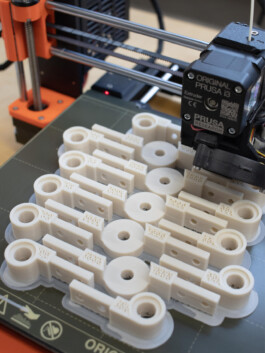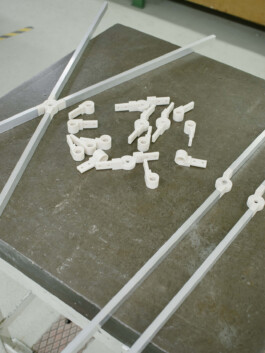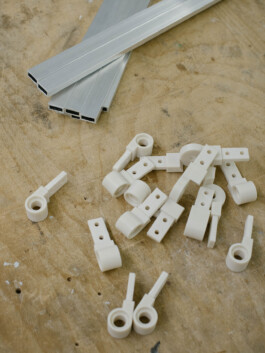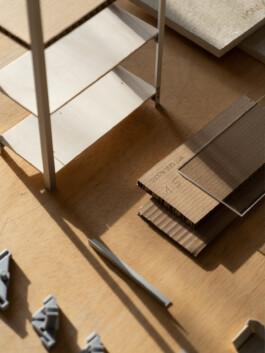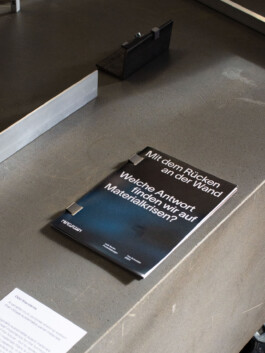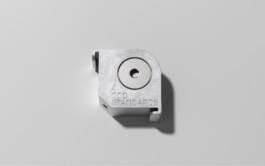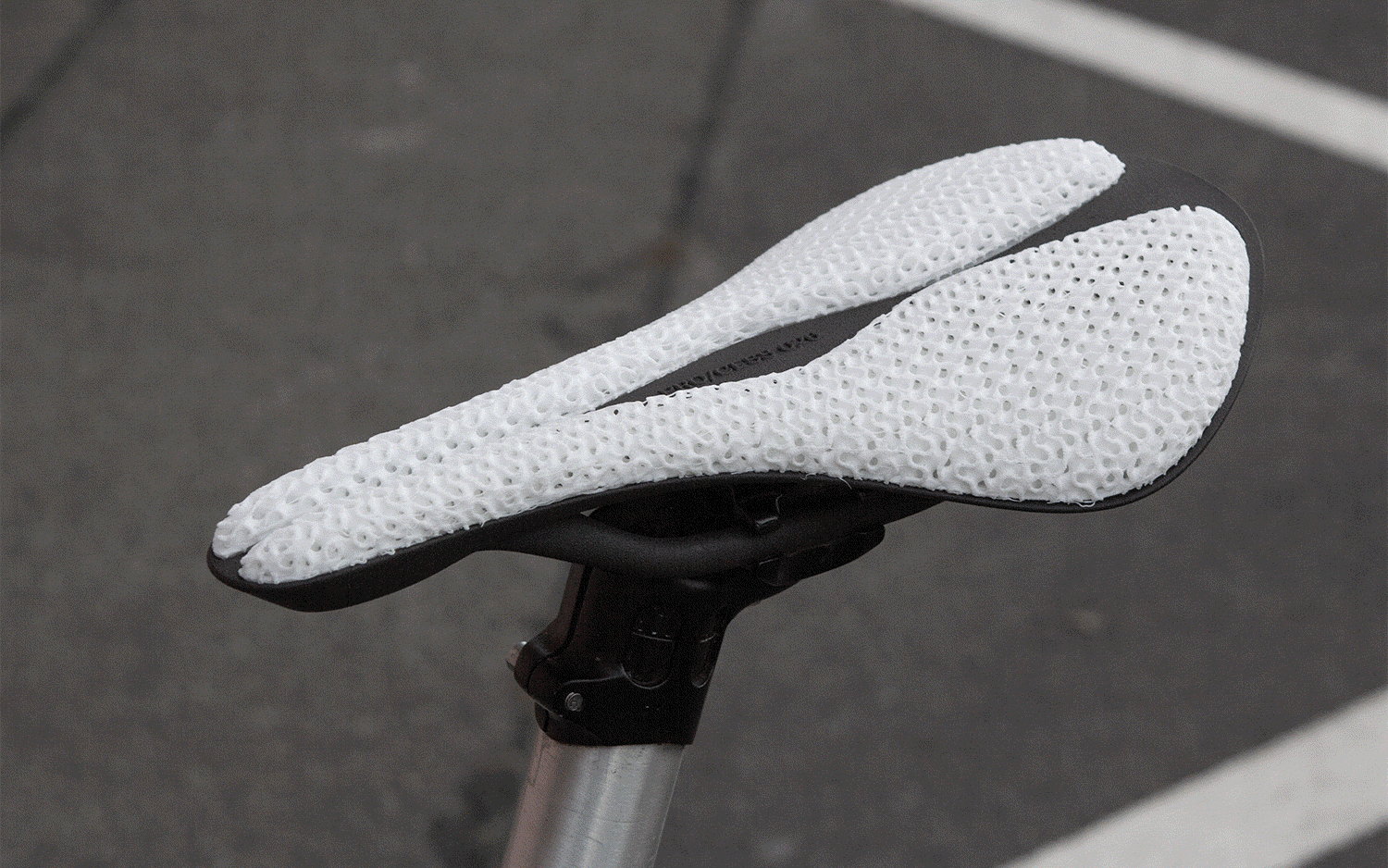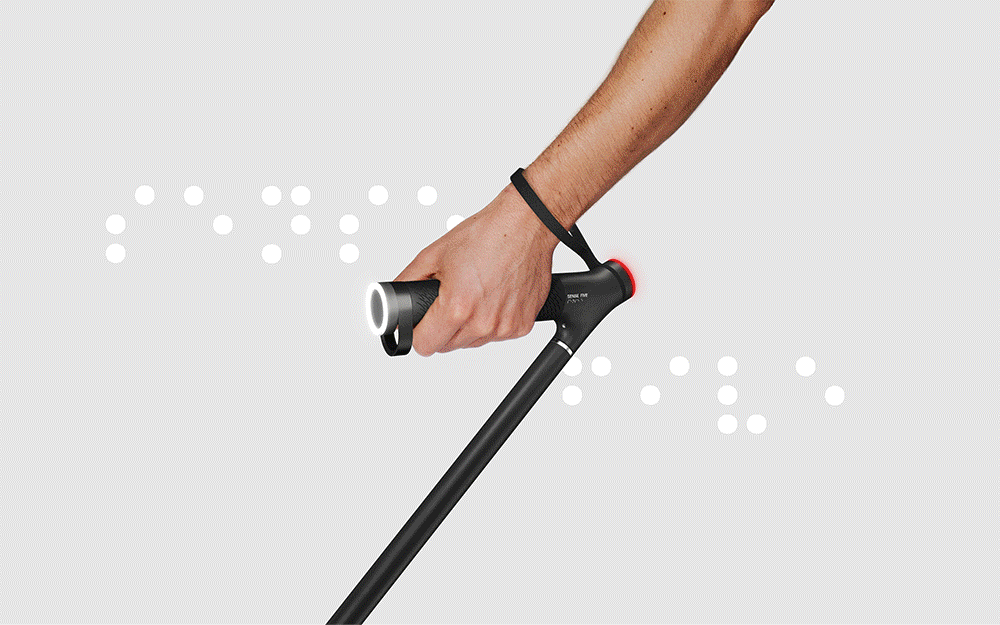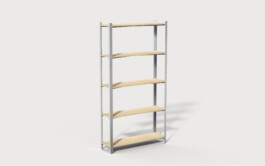

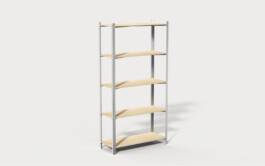

Odd Standards
Ecologically sustainable board materials are of great importance for the furniture industry of the future - but to replace conventional materials there is often a lack of load-bearing capacity. In this context, Odd Standards revisits the universal shelf. By carrying the static load with the framework, it allows new freedom for the shelving material.
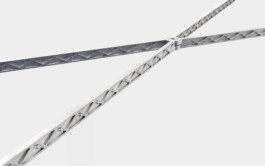
Conventional wood panel materials, which have shaped our furniture industry for decades, are facing increasing criticism in terms of sustainability. Whether melanin coating, toxic adhesives (formaldehyde) and high energy consumption or supply chain problems, questionable sources (conflict wood) and price explosions - the furniture industry is confronted with a multitude of demands that include not only a higher sustainability awareness but also future restrictions from politics and the market economy.
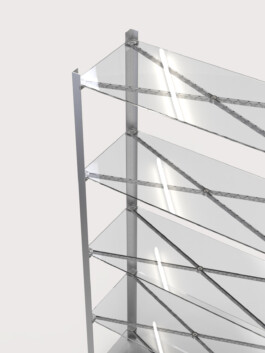
In this context, Odd Standards exemplarily outlines a new type of furniture that redistributes functional demands on the material. In order to replace the aforementioned conventional board materials with more ecologically sustainable alternatives, the load-bearing capacity of these is often lacking. Against this backdrop, Odd Standards reinterprets the load shelf. Thus, in addition to innovative board materials, simple materials such as cardboard, glass, chipboard, etc. can be considered.
The frame construction can also shear open and close, and with the same frame parts it allows for various formats, from book shelves with a depth of 30cm to kitchen shelves with a standard size of 60cm.
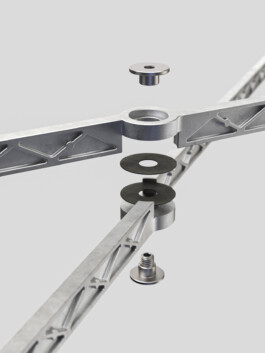
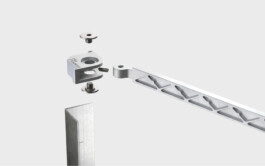
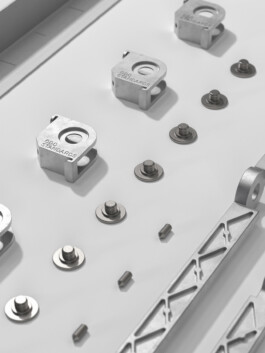
Odd standards is made exclusively of mono-materials, enabling circular material cycles. The side profiles are made of raw standard aluminum profiles with a scale embossed on the inside. The frame cross as well as the connectors consist of identical aluminum castings. Only two hexagonal wrenches are required for assembly. In addition to aspects of resilience, Odd Standards also represents an active lifestyle as it can adapt to changing space and material requirements.
